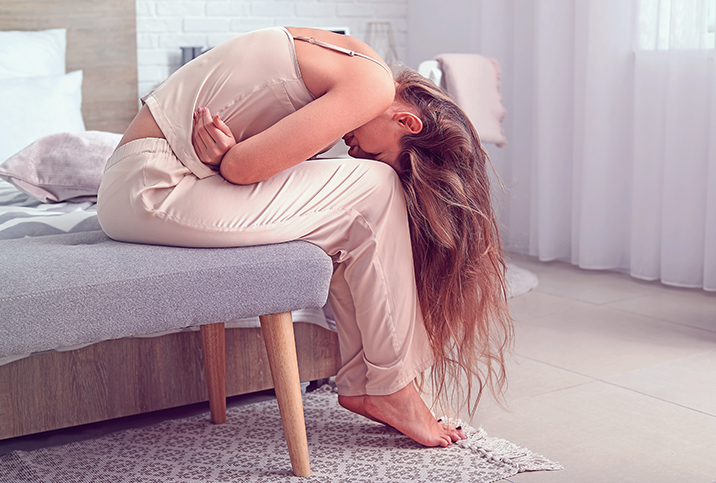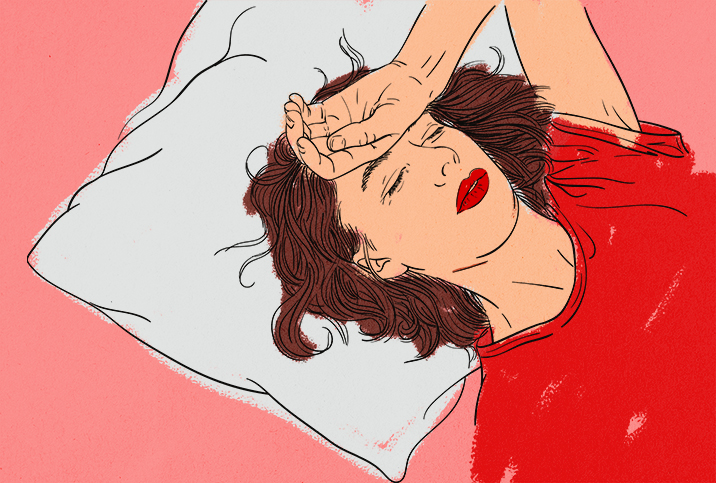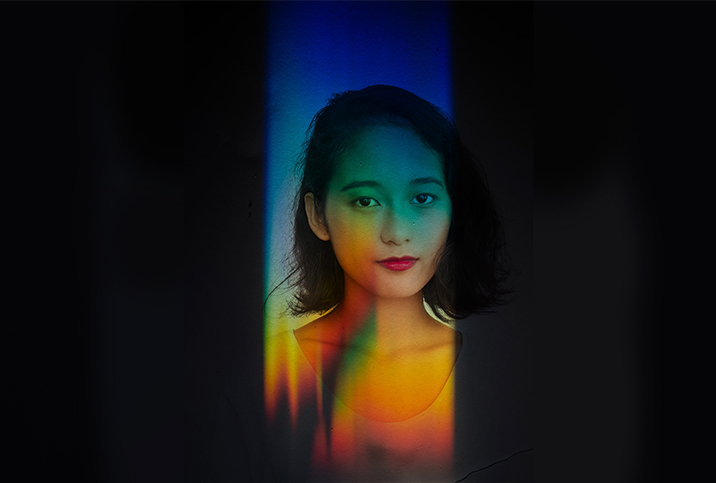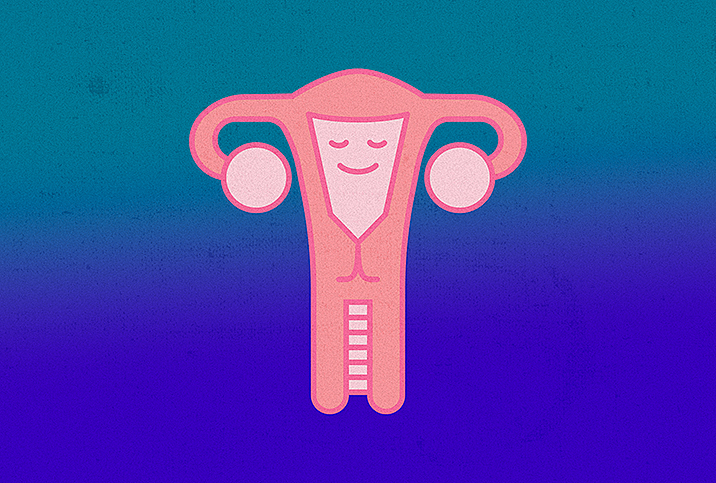Is There a Link Between Migraines and Endometriosis?

Endometriosis affects approximately 10 percent of all women of reproductive age, from 12 to 52 years old, and there is no specific cause attributed to it. It is a significant health issue where tissue similar to the lining of the uterus (the endometrium) grows outside the uterus, including on the fallopian tubes and ovaries. When this tissue grows in places it shouldn't, it can cause inflammation and pain.
The discomfort caused by endometriosis can be constant, but the pain often worsens during a period because of fluctuating hormones. People affected by the disorder report pain in the lower back and pelvis, and experience intestinal discomfort or pain while urinating.
Another possible symptom of endometriosis is migraines, with 43 percent of people reporting migraines in addition to endometriosis, according to a 2021 Endometriosis in America survey. Additionally, a 2012 study found migraines are 1.7 times more common in people with endometriosis than in those without.
Despite these findings, there is no direct correlation or link between migraines and endometriosis. However, menstrual migraines are common, with more than half of women who get migraines noticing a link between their neurological pain and their periods, according to the National Migraine Centre in the United Kingdom.
What gives?
"Some migraines are driven by estrogen, which also causes some of the symptoms of endometriosis. But there is not a definite link," explained Corey Babb, D.O., an OB-GYN in Oklahoma.
Without a direct link between the two conditions, it is difficult to ascertain whether one makes the other more severe. Babb noted that experiencing both at the same time definitely makes your overall pain worse.
"Many women with migraines experience a change in migraine frequency associated with their menstrual cycle," said Kevin Alten, M.D., an OB-GYN and associate professor at Marietta College in Ohio.
This association means it is possible for people who have more painful periods due to endometriosis to experience a change in their migraines. Both conditions can severely affect your quality of life, Alten said, as migraines often require the person to spend time in the dark and miss work and life events, and can lead to depression, anxiety and sleeping problems as well as fear of the next attack.
"Each of these symptoms can significantly impair a woman's physical, mental, socioemotional well-being, and their personal and professional life," Alten said.
Finding a cure for the pain
People with endometriosis often report difficulties in getting diagnosed, being brushed off by doctors and feeling like their pain is not being believed. Adding migraine pain to that experience may cause some people to feel like the combination of the two conditions will not be treated seriously, and they may not seek proper care.
"Unfortunately, you often have to be your own advocate," Babb said. "If these symptoms are affecting your quality of life, don't settle for being brushed off. Ask questions, find out about providers in your area that are knowledgeable about these conditions, and get in and get seen."
Alten agreed: "Find a neurologist who you are comfortable with and that specializes in migraines, and find a gynecologist who you are comfortable with. Track your migraine symptoms and triggers with a migraine tracker. Then track your endometrial symptoms as well. Share the data with both doctors. Keep track of your treatments, what works and what doesn't."
Tracking the symptoms of both conditions, when they occur and the frequency can help doctors advise you on how to manage your conditions.
More recent studies have examined the association between migraines and endometriosis, and though there are no concrete findings yet, the best action people can take is to manage each condition individually while more research is being conducted.


















